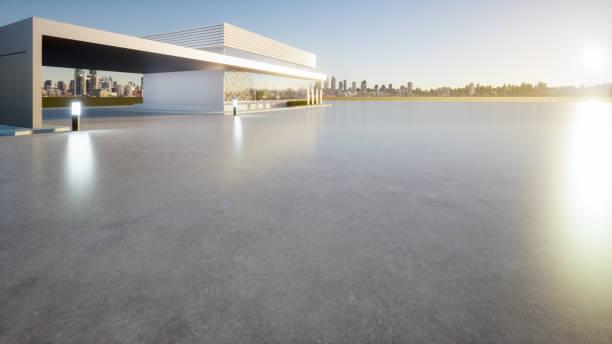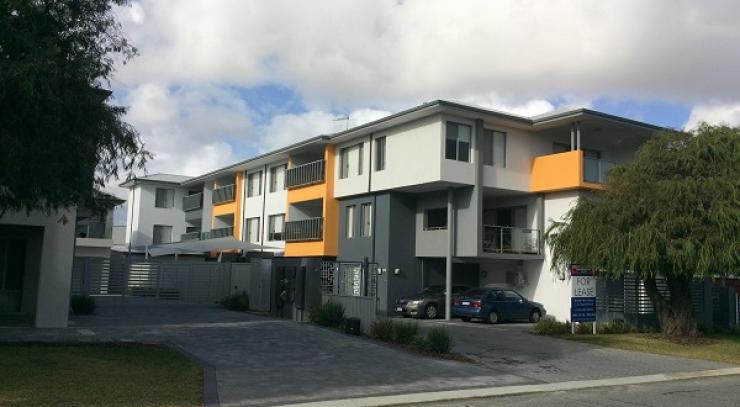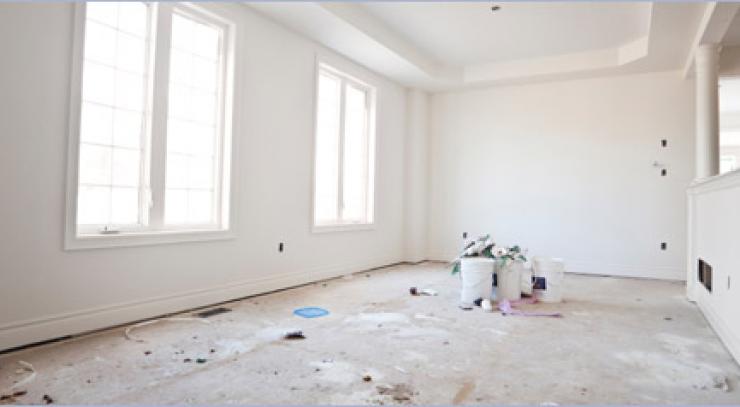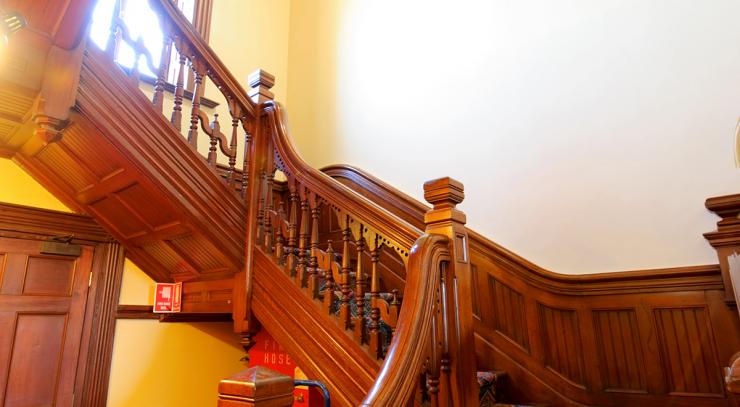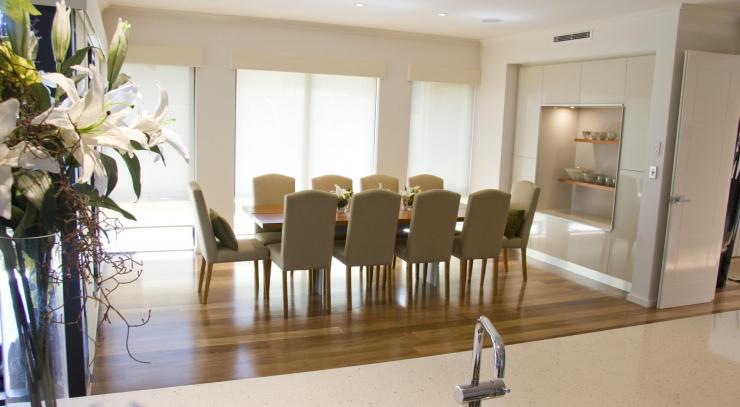Choosing the right flooring option for your residential space is a crucial decision that involves considering various factors such as cost, maintenance requirements, and longevity. In this article, we will compare residential polished concrete floors with other popular flooring options, exploring their differences and benefits.
Cost Comparison
When it comes to cost, it's essential to weigh the upfront expenses and long-term value of each flooring option.
Polished Concrete Floors:
Residential polished concrete floors offer an attractive cost advantage. They are generally more affordable compared to high-end flooring materials such as hardwood or premium tiles. With polished concrete, homeowners can achieve a sleek and modern look without breaking the bank.
Hardwood Floors:
Hardwood flooring, known for its timeless appeal, often comes with a higher price tag. The cost of hardwood can vary based on factors like wood species, grade, and installation method. While it provides an elegant aesthetic, it may require a larger upfront investment.
Ceramic or Porcelain Tiles:
Ceramic or porcelain tiles offer versatility in design and can be relatively affordable. The cost depends on the quality, size, and intricacy of the tile. Additional expenses may include installation materials and grouting.
Carpet:
Carpeting tends to be the most budget-friendly option among the flooring choices. It typically comes at a lower initial cost compared to polished concrete and other hard flooring options. However, it's important to consider the long-term maintenance and replacement costs associated with carpets.
Maintenance and Care
Maintenance requirements play a significant role in the lifespan and overall condition of the flooring. Let's examine how each option fares in terms of upkeep.
Polished Concrete Floors:
They are relatively low-maintenance. Regular sweeping and occasional damp mopping are usually sufficient for keeping them clean. Additionally, a periodic resealing every few years helps maintain the shine and protect against stains.
Hardwood Floors:
Hardwood floors require more attention and care. Regular sweeping and gentle cleaning are necessary to prevent scratches and maintain their appearance. Periodic refinishing is also recommended to remove signs of wear and protect the wood's surface.
Ceramic or Porcelain Tiles:
Tiles are relatively easy to maintain, requiring regular sweeping and mopping to keep them clean. However, grout lines may require periodic cleaning and resealing to prevent staining and mould growth. In the case of damage, individual tiles can be replaced.
Carpet:
Carpets demand regular vacuuming to remove dust and debris. Additionally, spills and stains should be addressed promptly using appropriate cleaning methods. Periodic deep cleaning or professional steam cleaning may be necessary to keep carpets looking their best.
Longevity and Durability
Considering the longevity of flooring materials is crucial to ensure that your investment stands the test of time.
Polished Concrete Floors:
They are highly durable and have an impressive lifespan. With proper maintenance, they can last for several decades, making them a long-term flooring solution.
Hardwood Floors:
Hardwood floors are known for their durability, but their lifespan can vary depending on factors like wood quality, installation, and maintenance. Proper care and periodic refinishing can extend their longevity.
Ceramic or Porcelain Tiles:
Ceramic or porcelain tiles are also durable and can withstand heavy foot traffic. However, individual tiles may chip or crack under heavy impact, and their lifespan can be influenced by the quality of the installation and maintenance practices.
Carpet:
Carpets generally have a shorter lifespan compared to other flooring options. Depending on the quality, traffic levels, and maintenance, carpets can last around 10-15 years before showing signs of wear and deterioration. High-traffic areas may require more frequent replacement or refurbishment.
When comparing residential polished concrete floors with other flooring options, several factors come into play. Polished concrete offers cost-effectiveness, low maintenance requirements, and exceptional durability, making it an attractive choice for homeowners.
Hardwood floors provide timeless elegance but require more maintenance and come at a higher cost. Ceramic or porcelain tiles offer versatility but may require grout maintenance. Carpeting, while budget-friendly, has a shorter lifespan and requires regular upkeep.
Ultimately, the choice between polished concrete and other flooring options depends on personal preferences, budget considerations, and the specific needs of your residential space.
By weighing the cost, maintenance requirements, and longevity of each flooring option, you can make an informed decision that suits your style and lifestyle while ensuring a beautiful and long-lasting flooring solution for your home.


